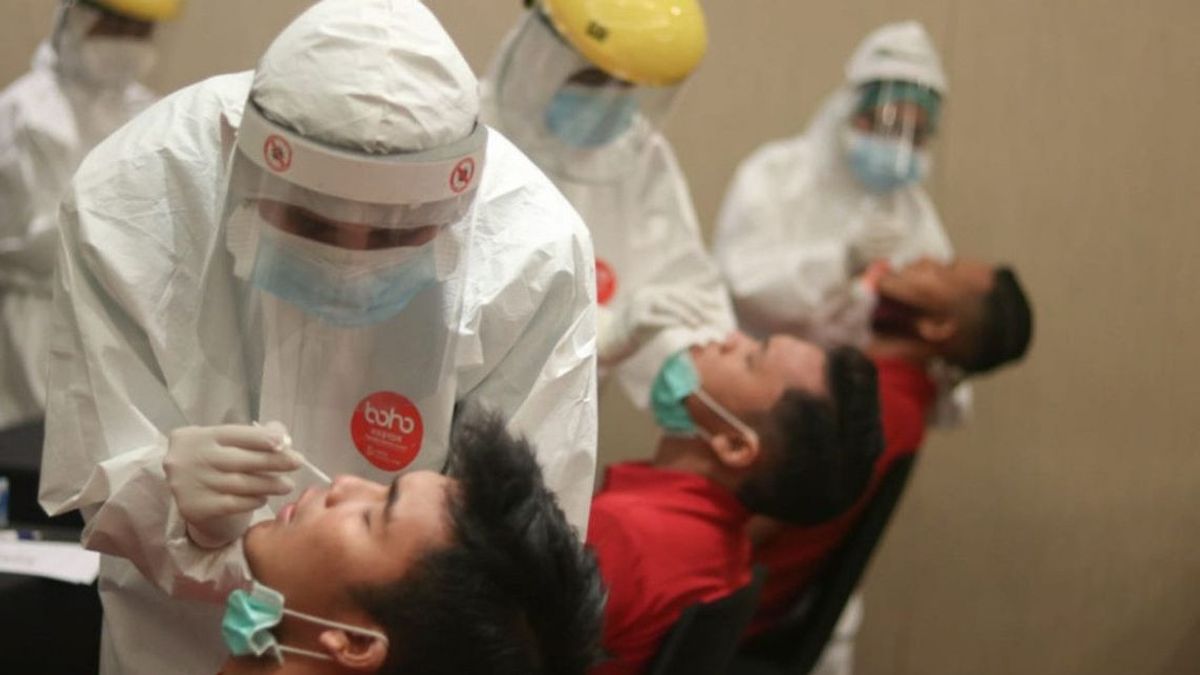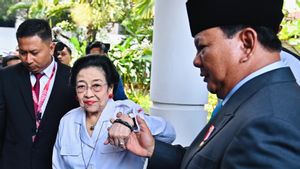JAKARTA - Head of the DKI Health Service, Widyastuti, said that the DKI Jakarta Provincial Government is following the new rules regarding the swab test. This regulation is based on the Ministry of Health's Fifth Revised Guidelines for the Prevention and Control of COVID-19.
There are differences in the handling of health management in the form of eliminating a second swab test for positive cases of COVID-19 with no symptoms (OTG), mild and moderate symptoms to ensure recovery.
"For confirmation cases without symptoms, mild symptoms, and moderate symptoms, there is no need to follow up or repeat swab or PCR examinations," said Widyastuti in his statement, Thursday, September 3.
Because, based on research by Bullard and Wolfel (2020), the majority of COVID-19 patients with symptoms can only infect other people for 7 to 9 days after symptoms appear.
"Research shows that the virus that causes COVID-19 cannot be cultured after 7 to 9 days after symptoms appear. Thus, it is no longer able to infect other people," he said.
Meanwhile, said Widyastuti, for cases of confirmation of severe or critical symptoms that require treatment with a ventilator, it is still necessary to follow up or repeat swab or PCR examinations in the hospital.
Confirmation cases without symptoms were declared complete isolation if they had undergone independent isolation for 10 days from the time the specimen was collected. Confirmation diagnosis.
Then, for confirmed cases of mild and moderate symptoms, it was declared complete isolation if it had been counted 10 days from the on set date or was determined to be positive.
"Taking a diagnosis specimen for confirmation of mild and moderate symptoms is added with isolation for at least 3 days after no longer showing symptoms of fever and respiratory problems," said Widyastuti.
Meanwhile, for cases of confirmation of severe symptoms, it is necessary to get a follow-up swab or PCR examination once until the results are negative. Then, plus at least 3 days after no longer showing symptoms of fever and respiratory problems.
The English, Chinese, Japanese, Arabic, and French versions are automatically generated by the AI. So there may still be inaccuracies in translating, please always see Indonesian as our main language. (system supported by DigitalSiber.id)








